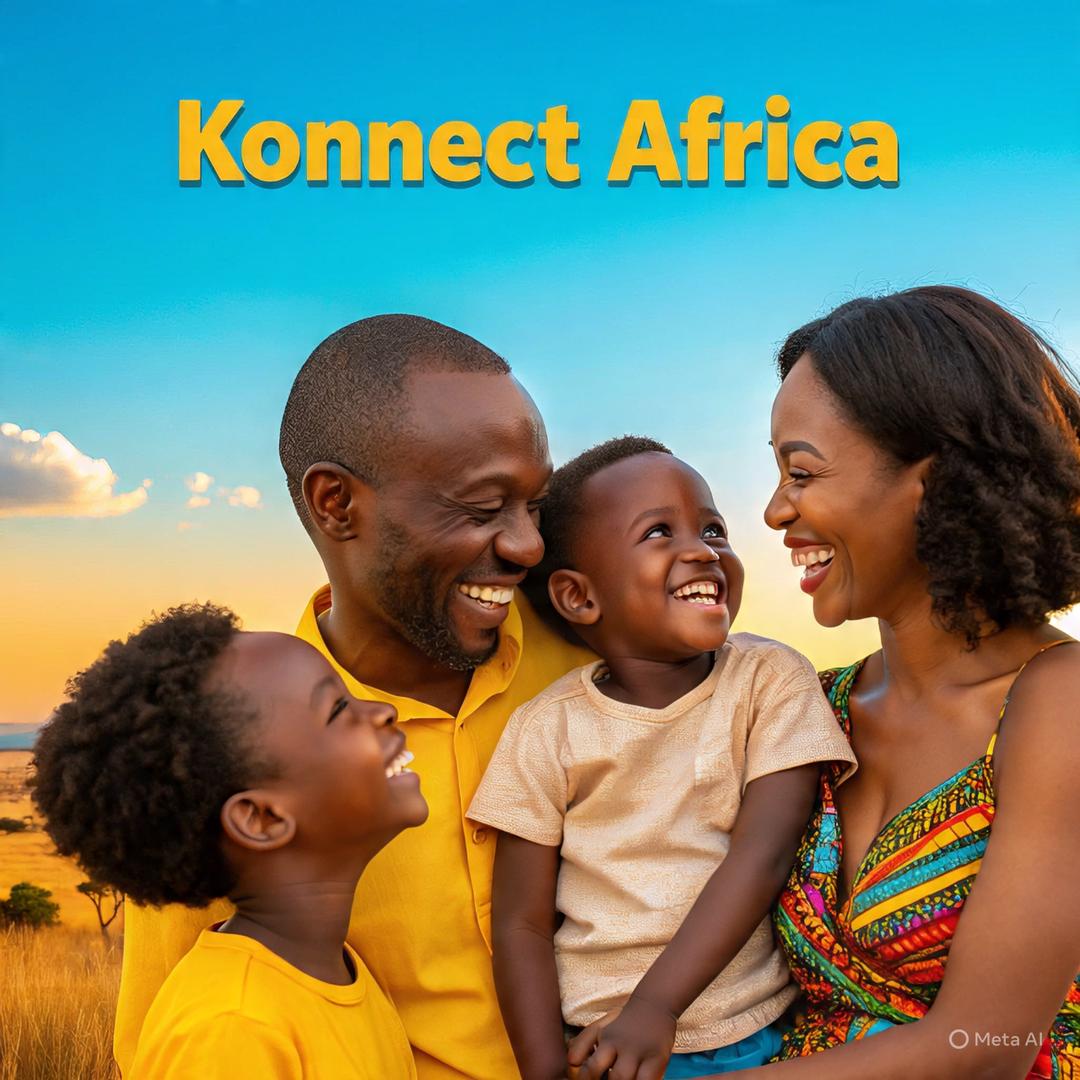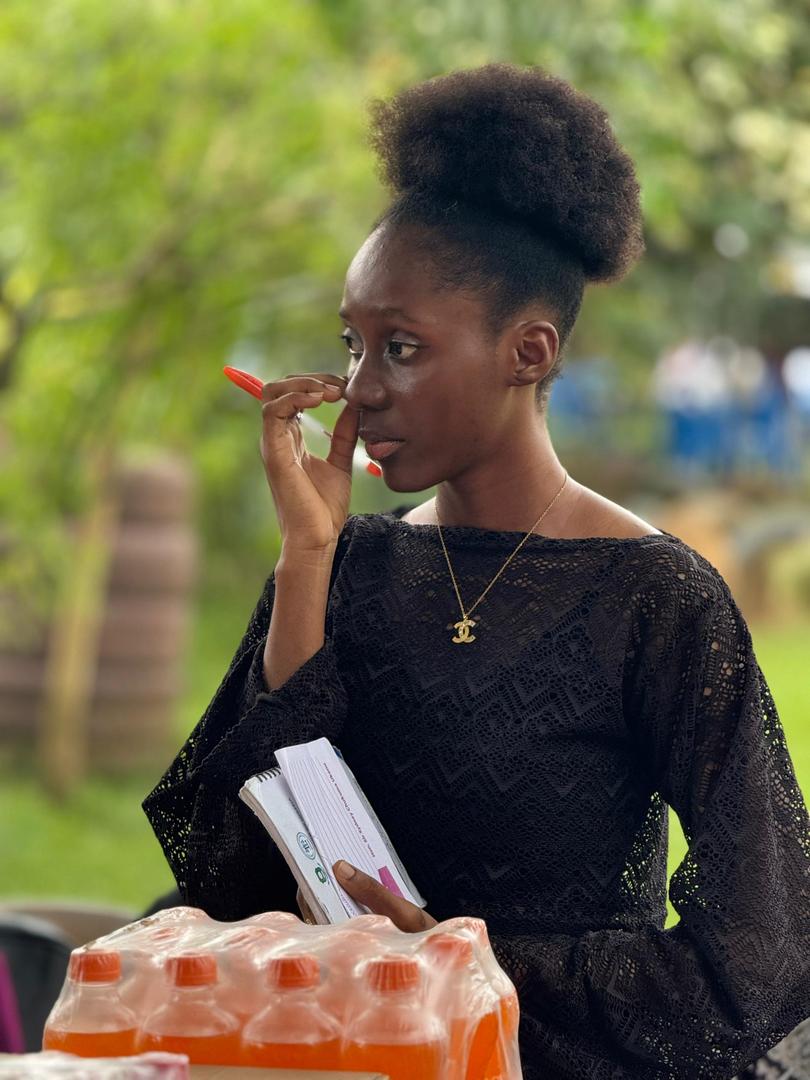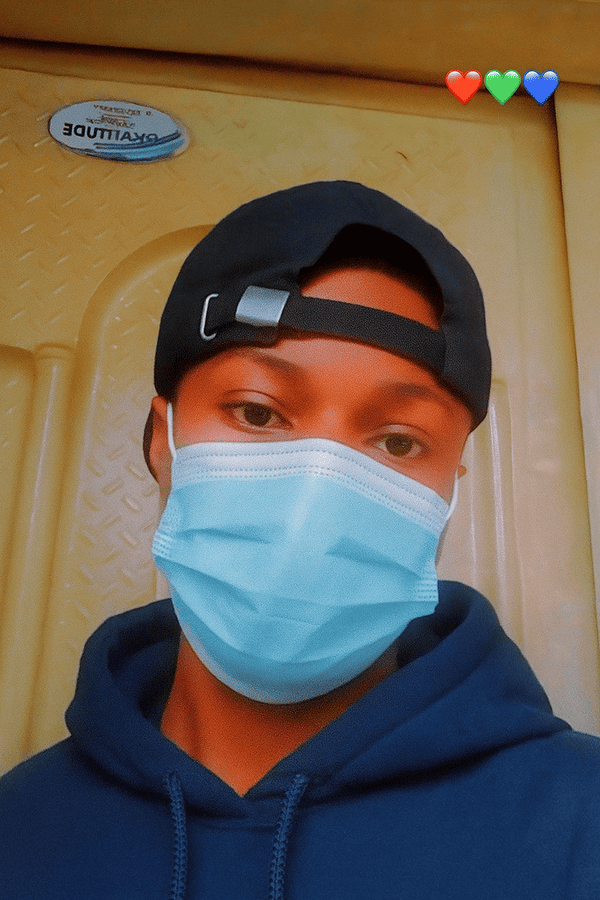Sponsored Advertisements
How the story of 13 years old ochanye ogbanje sparked a national outcry for justice
Leave a Reply
New Discussions
-
❤️❤️Happy new month, Africa!💞

Uzolove
30 mins ago00 -
🌟 Happy New Month, Konnectors! 🌟

Oscar
52 mins ago00 -
If gratitude was sacred

Tola Writes
1 hr ago00 -
Gratitude Turns Struggles Into Blessings 🌱✨

Esume Godgift
1 hr ago00 -
How did you overcome a challenge

Deboyblvck
1 hr ago00













Deerie 😩
3 hrs agoIn 2018, the heartbreaking story of 13-year-old Ochanya Ogbanje captured the attention of millions of Nigerians, igniting nationwide conversations about child safety and the urgent need for justice reform in the country.
Ochanya, a bright student of the Federal Government College, Gboko, Benue State, had been living with a family acquaintance to pursue her education. Sadly, her time there turned into years of silent suffering, which eventually took a toll on her health. Reports indicated that she developed serious medical complications that led to her untimely death in October 2018.
Her passing sent shockwaves across the nation. Social media erupted with grief and outrage as Nigerians demanded answers over the circumstances surrounding her death. The hashtag #JusticeForOchanya began trending, becoming a rallying cry for human rights advocates, students, and community leaders. Demonstrations and awareness campaigns were held in several cities, all demanding accountability and better protection for children.
The matter eventually reached the courts, drawing intense public attention and testing Nigeria’s legal system. Many citizens followed the proceedings closely, calling for justice not only for Ochanya but also for other children enduring similar abuse in silence.
After several years of hearings and advocacy efforts, in 2022, a Benue State High Court delivered a judgment that many described as a long-awaited victory. The court found one of the key suspects guilty and handed down a life sentence, while another person connected to the case remained at large.
Although the verdict was celebrated, it also exposed the slow pace of justice in sensitive cases. Many Nigerians felt that the judgment, while commendable, came too late to save the young girl’s life.
Today, Ochanya’s story stands as a lasting reminder of why child protection must be a national priority. Her courage, and the public outcry that followed her death, continue to shape discussions about education, safety, and justice in Nigeria.
She may be gone, but her name lives on — inspiring countless voices to speak up against silence, neglect, and injustice.